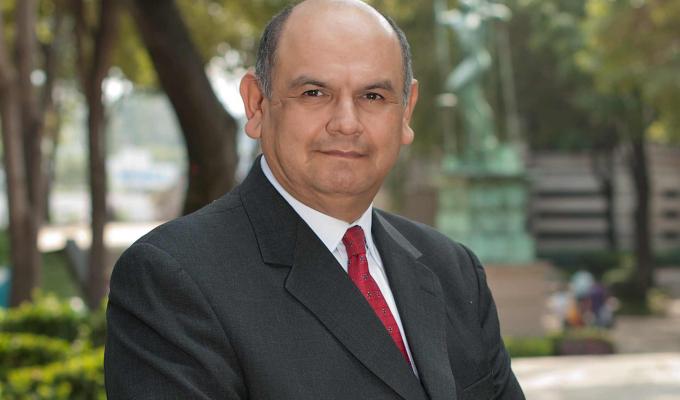The private equity and the family office sectors in Mexico are still very young and have only really been around for 25 years in any coherent way. If we have to acknowledge the great milestones that triggered local private investment in Mexico, without a doubt the participation of the Mexican pension funds in the private equity ecosystem has been the cornerstone for the multiplication of investments in our country, especially in infrastructure, real estate and buyouts.
Prior to 2009, the year when the government finally regulated the participation of pension funds and insurance companies in the private equity sector, the main institutional investors that invested long-term in Mexico were mostly international players and the government itself through its development banks system, with banks and groups like Nacional Financiera, FOCIR, BANCOMEXT and BANOBRAS leading the way.
The most important players at that time were foreign institutional investors such as pension funds or insurers from the US, Canada and the UK. The majority of these investors participated through established foreign fund managers. Another important player was the multilateral organizations such as the IADB/FOMIN, the World Bank and CAF, and local and international foundations with clear missions regarding social impact or sustainability, such as the FMCN.org, or Banco Compartamos through Promotora Social México.
But the great absentees in the private equity sector in Mexico and, indeed, the entire Latin America region, have been family offices and high net worth individuals.
That’s despite the fact that Mexico has a very prominent family business sector with family businesses accounting for more than 85% of the country’s companies. In fact, 100% of the biggest Mexican companies are family owned. Family businesses in the country account for 70% of GDP and 90% of employment in Mexico, according to Tec de Monterrey’s Family Business Center.
Recognizing an opportunity for its members, in 2013 the Mexicana Private Equity Association (Amexcap) picked 250 out of a universe of 1,000 relevant family-owned companies and made hundreds of calls in an effort to convince them of the benefits of creating their own family office entities.
But back then few were interested. Today is a different story and we have seen important improvements. And the two organizations that are perhaps making more efforts to generate a culture of wealth management through professional investment entities are Amexcap that already has family office members, and AMAI, the Mexican Association of Independent Advisors, which effectively provides a “guild” of investment advisers to HNWIs and family offices.
Nevertheless, much still needs to be done for Mexico to have a vibrant family office sector, and here are the main issues for family offices in the country:
1. Security: Without any doubt we think that the main problem lies with security issues in the country, which are still a big challenge, especially to promote best practices in the sector;
2. Lack of culture: We need to communicate more success stories of how family offices are being effectively used by families in Mexico. So we need to educate and network to make this happen;
3. Develop greater trust in local fund managers and trusted advisors: There is a lot of talent with international track records in Mexico that the nascent family office sector can pull upon; and
4. Tax environment: There are little or no incentives to promote the sector and develop a better ecosystem for entrepreneurs.
The challenges for Mexico to develop a flourishing family office sector are great, but there is certainly the will and desire to do so. Nevertheless, progress is being made and family offices will increasingly play a role in private equity and venture markets both locally and internationally in the years ahead.
*Originally published in Family Capital.




